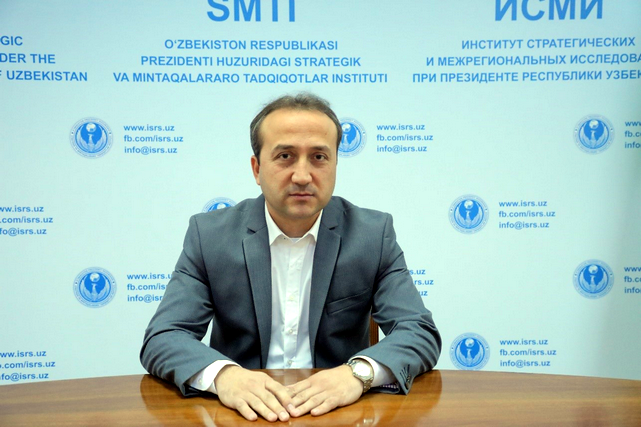
Central Asian Countries and China Stand United Against Climate Threats
Central Asian Countries and China Stand United Against Climate Threats
Tashkent, Uzbekistan (UzDaily.com) — The second “Central Asia – China” Summit held in Astana was a landmark event in many respects, once again highlighting the strong commitment of the regional countries to deepen multilateral cooperation and implement joint development strategies.
In his speech, President of Uzbekistan Shavkat Mirziyoyev addressed a broad range of topics aimed at expanding mutually beneficial partnerships. Particular emphasis was placed on climate threats, which pose a serious obstacle to sustainable development both in Central Asia and globally.
The Uzbek leader underscored that adopting China’s advanced ecological experience could help mitigate climate risks and improve environmental governance. In this context, he stressed the need for the prompt adoption of a Green Development Program through 2030, reflecting the region’s commitment to a sustainable future.
Among the most pressing challenges, land degradation, desertification, and environmental instability were highlighted as key threats to quality of life and economic prospects in Central Asia. To address these challenges, President Mirziyoyev proposed the creation of a “Central Asia – China” Environmental Alliance. This initiative aims to consolidate efforts to combat desertification, restore degraded land, and enhance bio-ecological resilience in arid areas.
The need for such an alliance is urgent. According to the United Nations, about 37% of Central Asia’s land has already been degraded. The World Bank reports that the region loses up to 20,000 hectares of agricultural land annually due to soil salinization, erosion, and water scarcity.
Climate change is making the situation worse. Over the past 60 years, average temperatures in the region have risen by 1.5°C, compared to the global average of 0.7°C. Projections suggest that by 2050, temperatures may increase by 2–3°C, and by 2100 — up to 4–7°C, with devastating consequences for water security.
One of the most alarming developments is the shrinking of glaciers in the Pamirs and Tien Shan mountains, which supply 80% of Central Asia’s water resources. Over the past 50 years, their area has decreased by 30%. At the current pace, they could disappear by the end of the century, jeopardizing the water supply for millions of people.
Against this backdrop, President Mirziyoyev’s call for the introduction of modern ecological solutions takes on even greater importance. He emphasized that “by leveraging Chinese experience and methodologies, we can implement pilot projects in the region that include comprehensive afforestation and nursery development, advancement of bioengineering, deployment of biomonitoring stations, and the implementation of social and educational programs.”
It is worth noting that China is actively supporting environmental initiatives in Central Asia. The participation of a high-level Chinese delegation (including ministers of ecology, science, and foreign affairs) in the Samarkand Climate Forum in April 2025 reaffirmed Beijing’s strategic interest in the region.
Overall, environmental cooperation between Central Asian countries and China demonstrates a shared readiness to face global challenges together. The initiative of President Shavkat Mirziyoyev once again highlights the importance of making ecological cooperation a key and forward-looking dimension of regional and bilateral engagement.
Jasur Rakhmatov
Head of Department,
Institute for Strategic and Interregional Studies under the President of the Republic of Uzbekistan